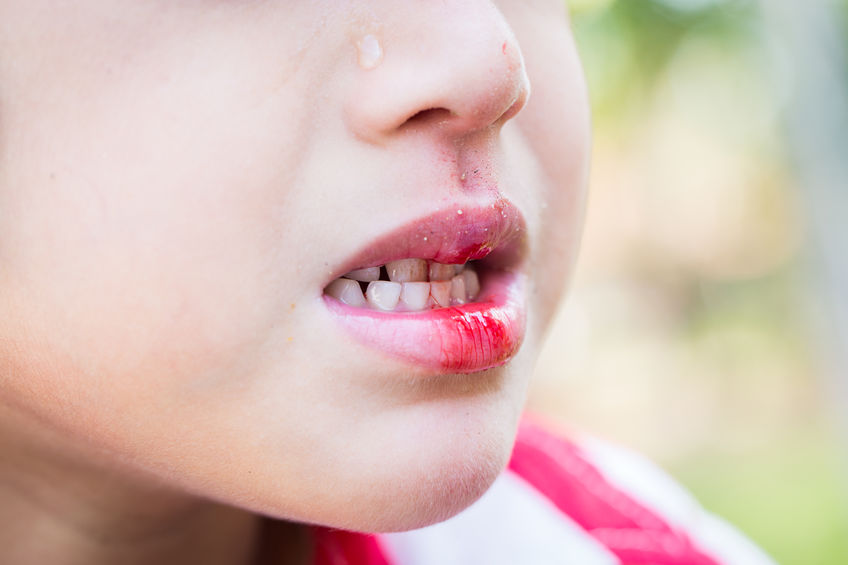Here is part one of our two-part series on dental emergencies. But let’s continue with Part Two so you know how to handle a dental emergency.
We want to protect your smile. That’s why it’s so important to know what to do in a dental emergency. Now that we’ve covered what actually constitutes an emergency, here are some ways to deal with surprise situations.
Tips to Properly Handle a Dental Emergency
When a tooth cracks, breaks, or even falls out due to an accident or injury, you need to know what you should do to protect your smile and resolve the situation right away.
The first thing you should do when you have a dental emergency is to call us at Danville Family Dental. We can guide you in making the right choice in regard to an emergency situation.
Use this simple guide to protect your dental health in an emergency.
Knocked-Out Tooth
If you suddenly find yourself with a tooth missing from your mouth, make sure to put it in a clean baggie and get to an emergency dentist within an hour.
Make sure you:
- Do not pick it up by the root, only the top smooth part. If you touch the pointy end (the root), you can damage the root, and that can hurt your chances of reimplantation.
- Try to put the tooth back into its socket. (This advice is for adults only since a child losing a tooth is not an emergency.)
- Call us right away! If you can make it in time, it’s likely the original tooth can be reimplanted. However, if you are unable to save the tooth, dental implants are common for those who need replacements.
Something Stuck Between Teeth
This can range from mildly annoying to very painful. Here is what you can do:
- Use floss to dislodge the item. Many times tooth pain is simply caused by some food tuck between the teeth. Flossing can relieve pain quickly if that’s the case.
- If you are unable to dislodge the material, or you are still in pain after removing it, call us for help.
Chipped, Cracked, or Broken Tooth
Sometimes we can’t even tell if we’ve chipped a tooth, but eventually, you will notice. When you do, here’s is what you should do:
- Call us to get checked out. You might notice a sensitivity to cold or hot things, and that is an indication of a problem.
- There is no need to panic if you aren’t in extreme pain. The body does an excellent job at taking care of itself. In the meantime, however, make an appointment with us and use caution when eating or drinking.
Your Mouth is Bleeding
If you have a cut on your lip, or inside your mouth, it should stop bleeding on its own. If it doesn’t, call us right away.
- If your mouth doesn’t stop bleeding after an extraction, call us right away. In the meantime, keep your head elevated above your heart until the bleeding stops.
- If your gums are bleeding, or your floss has blood on it, that could be an indication of gum disease or gingivitis. Call us for treatment.
If you suffer from any of these emergency situations, call us today at 317-745-4400 for help. Dental traumas should be treated quickly to prevent further complications.
Disclaimer: The information included in this article is for educational purposes only. It should not be used as a substitute for professional medical advice, diagnosis or treatment.


 (317) 745-4400
(317) 745-4400 info@danvilledentalcare.com
info@danvilledentalcare.com